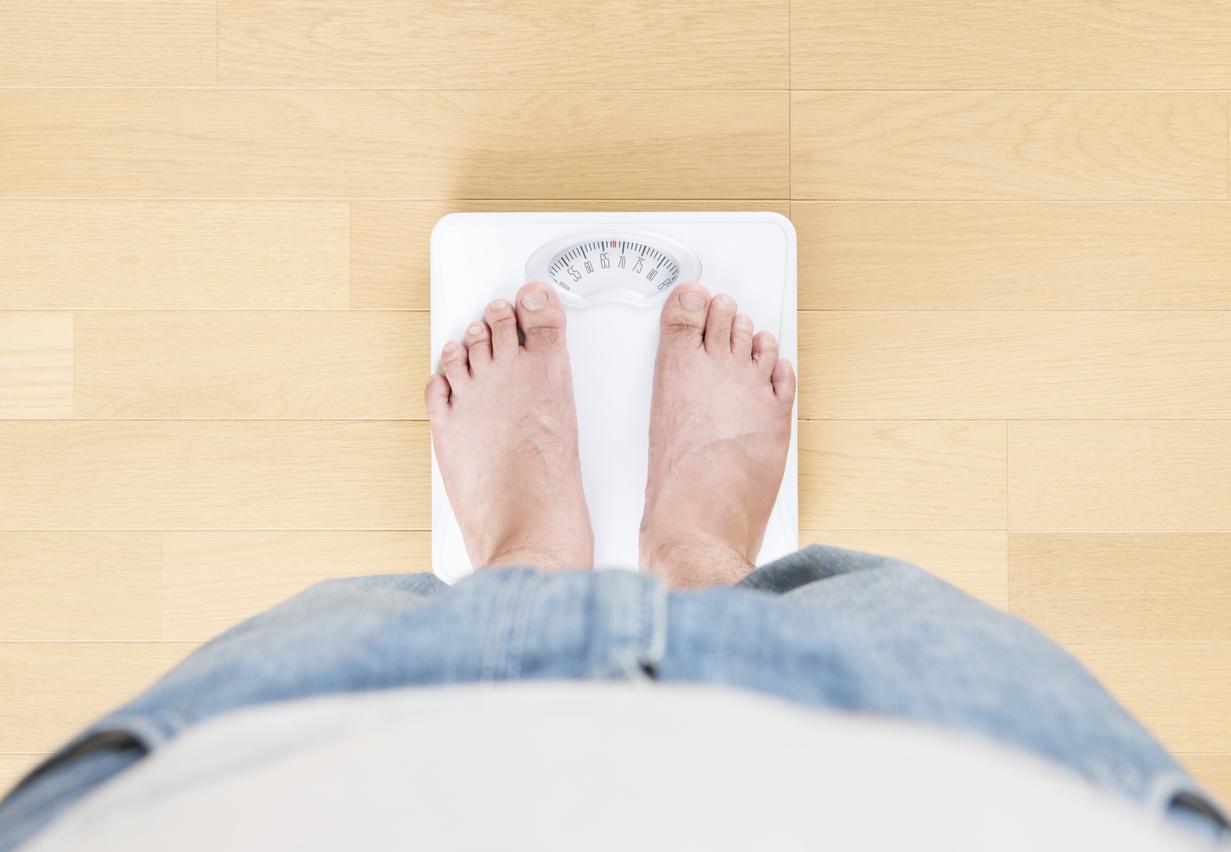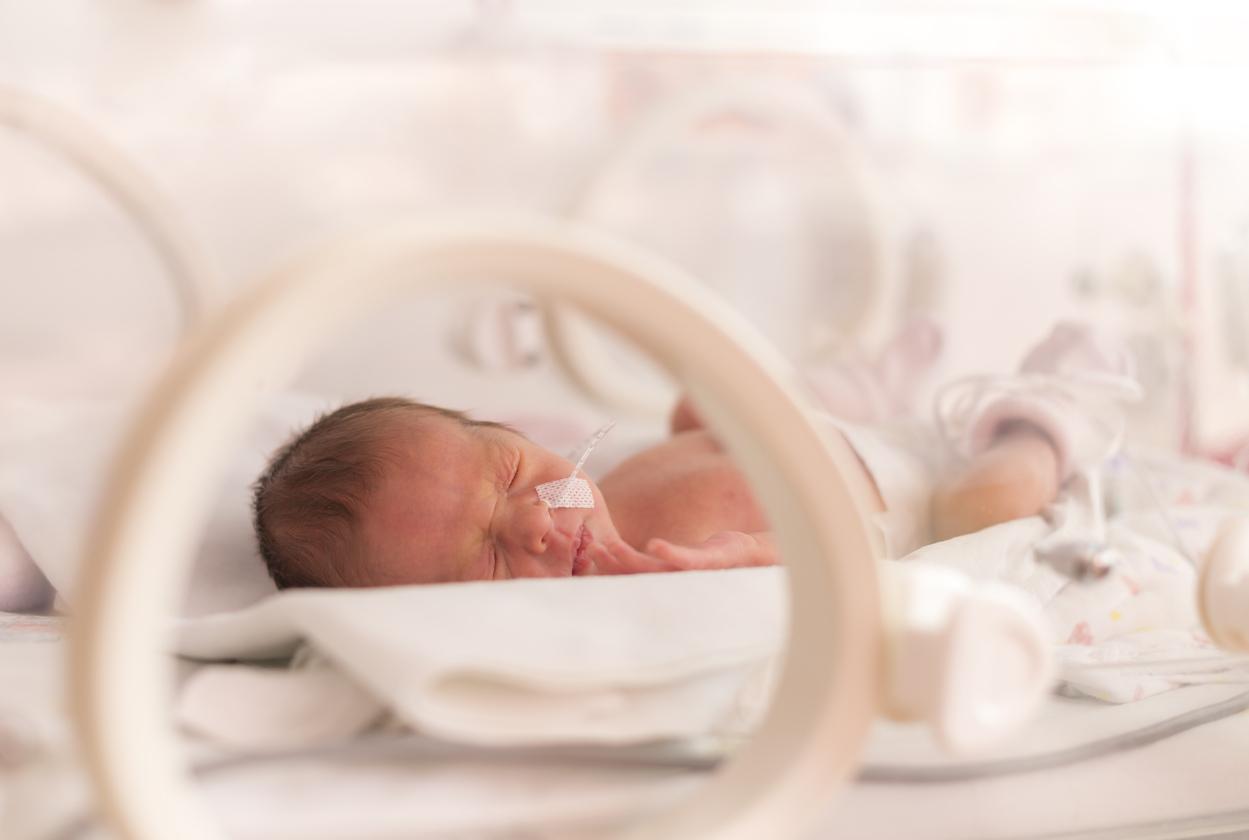The average age of fathers at the time of the birth of their child has been rising steadily for the past 40 years.

Attention is often focused on women, who are said to be older and older when they enter pregnancy. But this is also true of men.
A study published in the journal Human Reproduction suggests that the paternal age has been rising steadily over the past decades. Carried out in the United States, the work shows that men are on average three and a half years older than they were 40 years ago when they became fathers.
Thus, the average age of fathers rose from 27.4 years in 1974 to 30.9 years in 2015. Over this same period, the percentage of fathers over 40 when their child is born has more than doubled. (from 4.1% to 8.9%), while those over 50 fell from 0.5% to 0.9%. The data take into account all births in the United States between 1972 and 2015, i.e. 169 million babies.
The diploma delays birth
To varying degrees, this increase in paternal age is found regardless of social background, ethnic group or place of residence. The “oldest” fathers are among Americans of Vietnamese and Japanese descent – they are, on average, 36 years old when their child is born. Moreover, the more fathers have a high level of education, the older they tend to be when they give birth. Thus, men with a bachelor’s degree are on average 33.3 years old at the time of birth.
From a strict fertility point of view, this seems inconsequential: the reproductive window is wider in men than in women. In fact, in the study, the oldest father was 88 years old (and the youngest 11).
But for the health of children, the increase in the paternal age could have implications in terms of epidemiology. In fact, each year, men undergo about two new mutations in their sperm DNA (out of several million genes).
Slight increased risk
While the impact of these genetic mutations is not well known, some studies suggest that having an elderly father increases the risk of autism, mental illness, certain pediatric cancers and rare genetic diseases.
Women who have an elderly partner are also at slight increased risk of miscarriage and may have more difficulty getting pregnant. But don’t panic: these are risks at the scale of a population, and not of an individual.
The study also looked at the age of women and confirms that it increases at the time of birth – even more so than that of men. Maternal age thus fell from 24.7 years in 1972 to 28.6 years in 2015.
If men delay their fatherhood, it is for the same reasons as women, explain the researchers. Namely: the availability of contraception, the reduction in the number of unplanned pregnancies and the interest of couples in their professional career.
.















